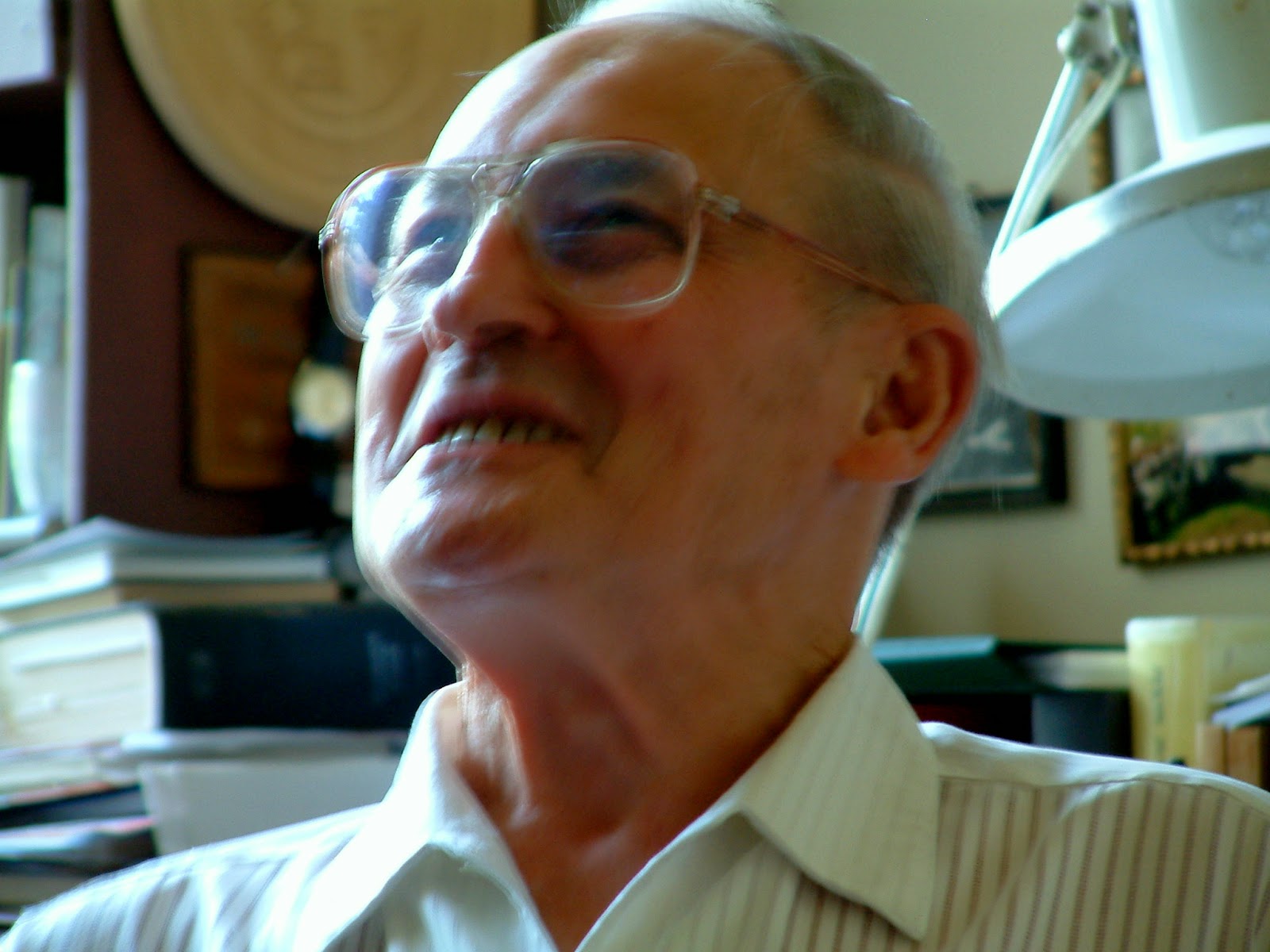Psalm 23
 |
| Ferenc Visky~June 2003 |
So, we continued with our breakfast. I could see that they were uncomfortable with the situation, standing and watching us calmly eating. We should have been the uncomfortable and anxious ones, but they were. This was good. Then we started to talk and I told them that I had known that they were coming that morning because I had read Psalm 23 in my Bible that said, “The Lord is my shepherd, I shall lack nothing. Even if I am in the valley of the shadow of death etc. etc. etc. I told them that this was a treasured psalm for me.
The officer looked startled and asked me how I knew. I didn’t need to be asked twice, so I began to explain. It meant a great deal to me, I said, that in the Word you can read, ‘You make the table for me in the presence of my enemies. My cup is full and I have no fear even in the valley of death because I know you are with me and your hand holds my hand.’ I told the officer, Usually in a situation like we are in, the appetite of the man about to be arrested is always gone, but now you brought my appetite instead.
They looked puzzled, so I had to tell them that I had a good appetite because the text says that God is the one who prepares my table. So, I continued, God is my waiter today or I should say, host. Please understand that God is very near to us, but he doesn’t always put on the table the sort of meal that I really like. For instance, presently, I do not really like what you officers are going to do with us after a few moments, but I’m not looking at the things that are on the table. I’m looking at Him who put you on my table, and this is why I have a good appetite. And this is important to me, that I can be liberated this way at such a moment. This is the message of Psalm 23.





















